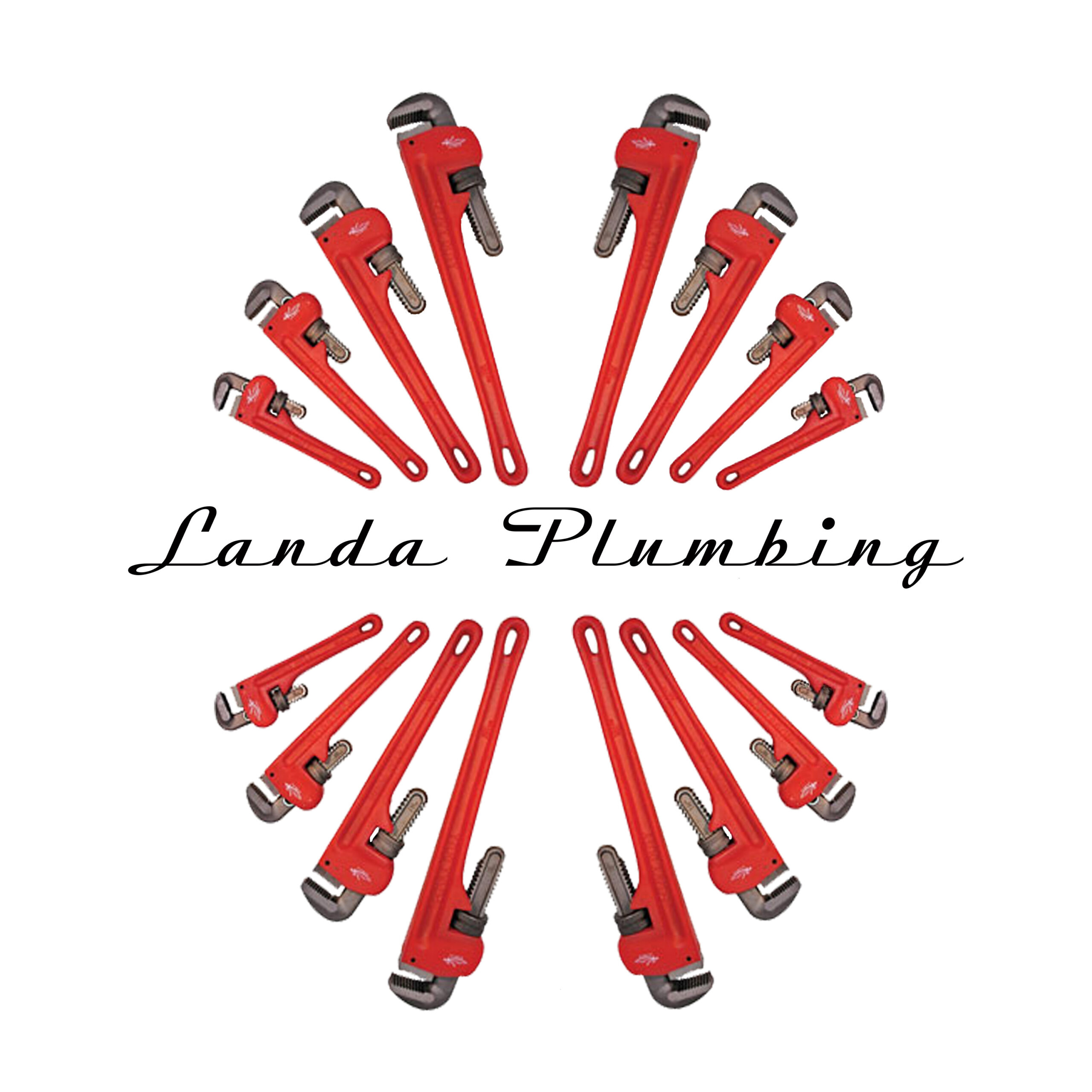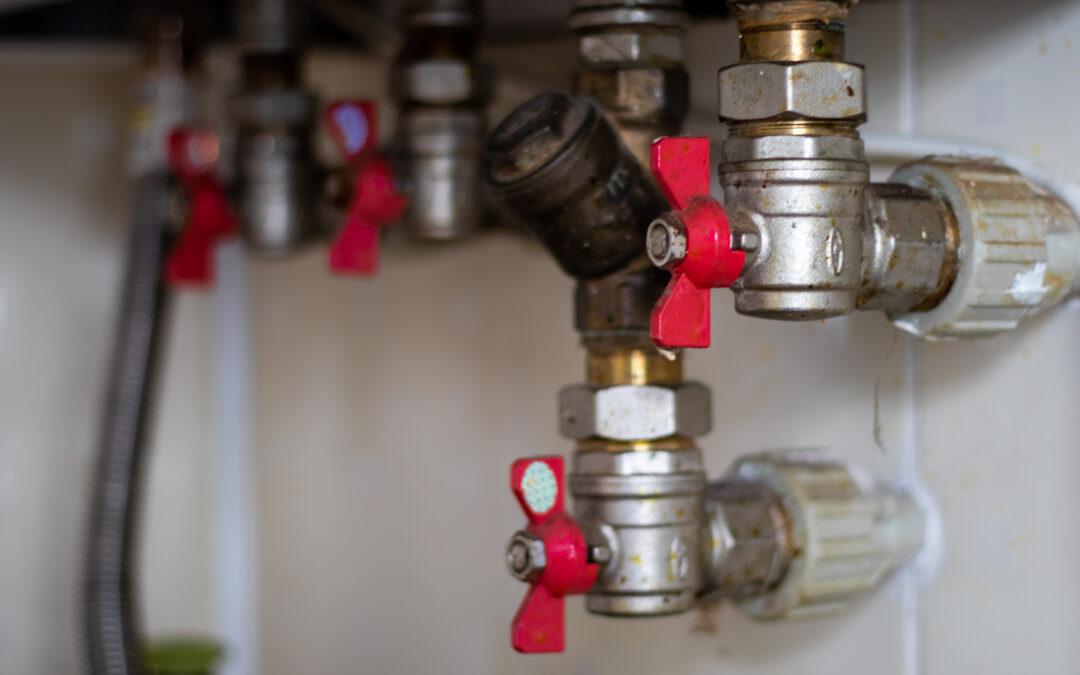In the modern world, we often take for granted the simple luxuries of life, like having hot water readily available at the turn of a tap. But behind the scenes, a complex system of water heating technology ensures that we can enjoy a steaming shower or a relaxing bath whenever we please.
Water Heating Technology 101: Understanding Your Home’s Hot Water System
Water heaters are the unsung heroes of our homes, silently working away to provide us with the hot water we need for everyday tasks. These appliances come in various forms, each with its own unique features and advantages. Let’s explore the two main types of water heaters:
1. Tank Water Heaters: The Traditional Choice
Tank water heaters are the most common type of water heater, and for good reason. They are relatively inexpensive to install and maintain and provide a consistent hot water supply. These water heaters work by storing a large volume of water in a tank, which is then heated using either natural gas or electricity.
Pros of Tank Water Heaters:
- Affordable, upfront cost
- Reliable and durable
- Consistent hot water supply
Cons of Tank Water Heaters:
- Standby heat loss
- Limited hot water capacity
- Requires some maintenance
2. Tankless Water Heaters: The Modern Solution
Tankless water heaters are a more recent innovation in the world of water heating. They offer several advantages over traditional tank water heaters, including energy efficiency and endless hot water supply. As the name suggests, tankless water heaters heat water on demand, rather than storing it in a tank. This means there is no standby heat loss, and you’ll never run out of hot water.
Pros of Tankless Water Heaters:
- Energy efficient
- Endless hot water supply
- Compact and space-saving
Cons of Tankless Water Heaters:
- Higher upfront cost
- Requires more specialized installation
- May not provide sufficient hot water for large households
- Yearly up keeping maintenance
Choosing the Right Water Heater for Your Home
Navigating the world of water heaters can be overwhelming, given the array of options available. To make an informed decision, it’s crucial to consider your specific needs and preferences. Here are some key factors to weigh in your choice:
Household Size: The number of people in your household directly impacts your hot water demands. A larger family with frequent hot water usage may benefit from a tank water heater’s larger capacity. Conversely, a smaller household with more moderate hot water needs could find a smaller size tank water heater’s efficiency appealing.
Hot Water Usage Patterns: Assess your family’s hot water consumption habits. If you have a consistent demand for hot water throughout the day, a tank water heater’s constant supply might be preferable. However, if your hot water usage is more sporadic, a tankless water heater’s on-demand heating could be more efficient.
Budget: Both tank and tankless water heaters come with varying upfront costs. Tank water heaters generally have a lower initial price point, while tankless water heaters may require a larger upfront investment, depending on your situation if you are just replacing a water heater unit or planing a new build. Consider your financial constraints and factor in potential long-term savings from energy efficiency.
Available Space: Tank water heaters typically require a bit more space due to their larger size. If space is a concern, a tankless water heater’s compact design maybe be a better fit for your particular needs. Check the dimensions of each type to ensure it can be accommodated in your designated area.
Particular Custom Needs: Inside custom build kitchen & bathrooms having more than one water heater is something very commonly seen. For example, if you are planing a new bathroom stand alone tub or roman tub build for your property a tankless water heater might be something that you would consider do to the endless amounts of gallons of hot water that that a tankless water heater unit can put out in order to fill the large capacity tub, even while someone is taking a shower at the same time.
Commercial Restaurants: If you happen to own a restaurant then you know the important of having hot water for your working kitchen and bathroom needs and also depending on your rental property layout available space maybe a major issue so having a tankless water heater unit that can put out endless amounts of hot water while using little space would be a better fit.
By carefully evaluating these factors, you can make an informed decision about the type of water heater that best suits your household’s needs and preferences.
Maintaining Your Water Heater for Optimal Performance
Just like any appliance, regular maintenance is essential to ensure your water heater operates efficiently and lasts for years to come. Here are some key maintenance practices to follow:
Schedule Regular Checkups
Engage a qualified plumber to conduct regular inspections of your water heater. These checkups allow for early detection of potential problems, such as leaks, sediment buildup, or thermostat malfunctions, enabling timely repairs and preventing major breakdowns.
Signs That You Need a Professional Checkup
There are a few signs that you may need to have your water heater checked by a professional, even if you are not due for a checkup. These signs include:
- Leaks: If you notice any leaks around your water heater, it is important to have it checked immediately. Leaks can be caused by a variety of factors, including corrosion, cracks in the tank, or loose fittings.
- Reduced hot water: If you are noticing a decrease in the amount of hot water you are getting, it could be a sign that your water heater is not working properly. This could be due to a variety of factors, such as sediment buildup, a malfunctioning thermostat, or a problem with the heating element.
- Strange noises: If you are hearing any strange noises coming from your water heater, such as popping, banging, or hissing, it is a sign that something is wrong. These
Drain the Tank
For tank water heaters, draining the tank annually is crucial to remove sediment buildup that can reduce efficiency and damage the heater’s components.
Flush the Heat Exchanger
Tankless water heaters also require annual flushing to remove mineral deposits that can obstruct the heat exchanger and impair performance.
Check Pressure Relief Valve
The pressure relief valve is a safety feature that prevents excessive pressure buildup in the tank. Ensure the valve is functioning properly by testing it periodically.
Clean the Exterior
Regularly clean the exterior of your water heater to remove dust and debris that can hinder airflow and ventilation.
Cleaning the Interior Burner
Cleaning out the interior burners in your tank or tankless unit would also be good from all the particle build ups.
By adhering to these maintenance practices, you can prolong the lifespan of your water heater, optimize its efficiency, and prevent costly repairs down the road.
Landa Plumbing: Your Trusted Partner in Water Heating Solutions
At Landa Plumbing, we understand the importance of having a reliable water heating system in your home. Our experienced plumbers are experts in water heater installation, repair, and maintenance. We can help you choose the right water heater for your needs and provide expert service to keep it running efficiently for years to come.
Don’t let your water heater leave you in the cold. Contact Landa Plumbing today for a free consultation and let us help you keep your hot water flowing.

